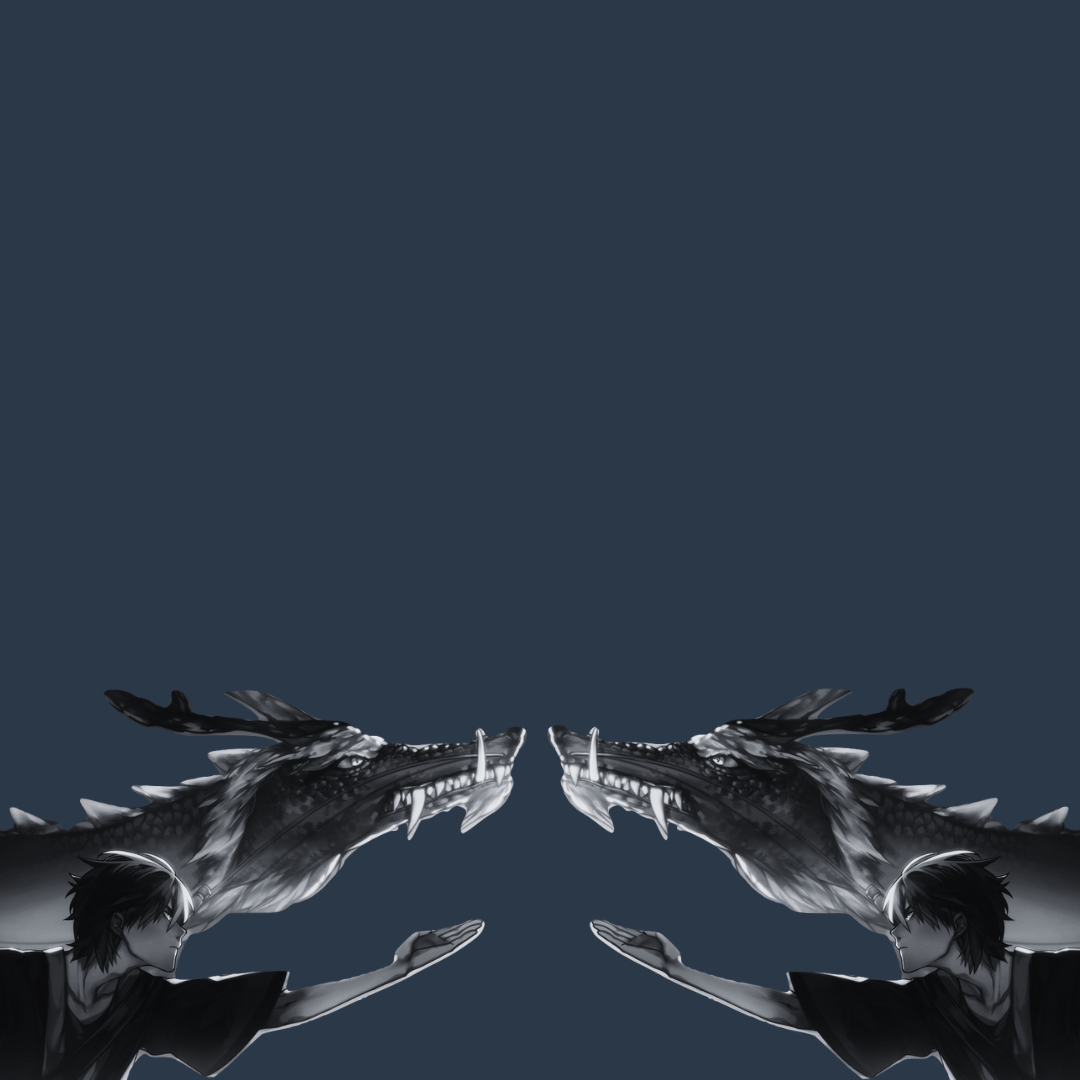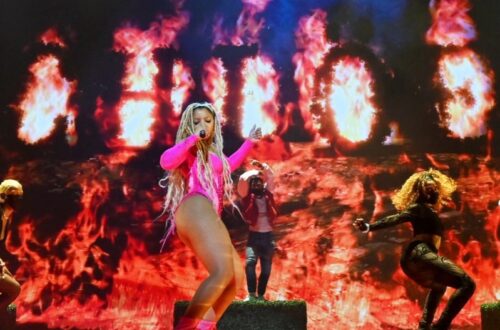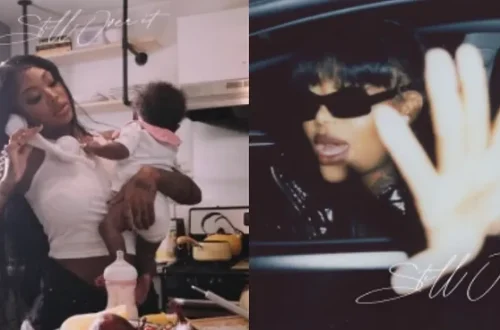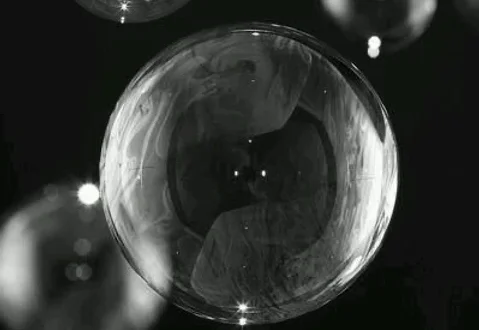
The Obsessive Search for Honor
Despite being released in 2005, Avatar: The Last Airbender (ATLA) remains highly praised by its devout fanbase and has gained renewed popularity in recent years—no doubt coinciding with the rise of TikTok and Netflix’s announcement of a live-action series. This resurgence has brought in a wave of new viewers and sparked nuanced discussions about the show’s remarkable ability to balance character development, dynamic plotlines, and story progression.
This is no ordinary kid’s show.
Beyond the flashy elemental bending, nostalgic storytelling, occasional emotional outbursts from its child characters, and wide-arching growth that unfolds from season one to season three, ATLA manages to depict prominent issues such as racial oppression, genocide, and misogyny. More unsettling than the tumultuous political landscape of this fictional world is the mental and emotional stress placed upon the twelve- to sixteen-year-old kids on which the story is centered. One character, Prince Zuko, undergoes such a remarkable and captivating journey that even when you’re supposed to hate him you can’t help but love him.
The Banished Prince
We meet the angsty teenage boy—with emotional and physical scars to show for it—three years after his banishment from his homeland. And though his murderous intent and rough around the edges persona make for a great animated childhood crush, Zuko’s upbringing is quite tragic.
An episode titled “The Storm” [S1:Ep12] delves into the origins of Zuko’s infamous burn mark. We witness a naïve and headstrong Zuko being punished for speaking out of turn during a war council meeting overseen by his father, Firelord Ozai. After accepting the challenge to an Agni Kia, a fire duel, the last person Zuko expects to see standing opposite himself in the crowded arena is his own father. Refusing to fight, he drops to his knees and instead begs for mercy and apologizes profusely for his blatant disrespect.
Furious not only by his son’s insolence but by his refusal to fight, Ozai strikes Prince Zuko across the face with fire, searing a permanent scar into the flesh over his left eye. His final worlds hanging grimly in the air like a bad omen, “You will learn respect, and suffering will be your teacher”.
Talk about cruel and unusual punishment.
This act of discipline leaves Zuko both physically and emotionally scarred, seeking to regain his father’s approval and restore his honor. Being banished from his homeland and sent on an impossible quest to capture the Avatar—master of all four elements, thought to be dead for over 100 years—was his ticket home.
Restoring One’s Honor
As a fan of the series myself, I am all too familiar with the infamous “I must capture the avatar to restore my honor” catchphrase that has become a verbal embodiment of Zuko’s obsession with restoring his honor and gaining his father’s approval. His pursuit of honor becomes a central theme on his journey, pushing the audience to question the nature of this honor and its true worth.
Simply put, Zuko’s understanding of honor is intertwined with his understanding of masculinity which is heavily influenced by his father’s expectations. With a power hungry and narcissistic tyrant such as Firelord Ozai as a father, Zuko conflates power with prestige and prestige with honor. This toxic view of male dominance leads him down a path of seeking honor and validation through violent means.
(Beware: What follows is a full throttle English Major analysis.)
Toxic Masculinity
Even after his banishment, Zuko never truly leaves the arena or forgets those words his father spat out in disgust.
In his essay “Masculinity as Homophobia: Fear, Shame, and Silence in the Construction of Gender Identity”, Michael S. Kimmel writes that “the father is the first man who evaluates the boy’s masculine performance, the first pair of male eyes before whom he tries to prove himself. Those eyes will follow him for the rest of his life” (Kimmel 142). Plagued by the overbearing presence of his father’s shadow as well as by his own reflection in the mirror, the banished prince is trapped measuring himself and his masculinity against that of his father.
Zuko is weak.
His scar is just further proof of it, and his interactions with other male figures, like the ship captain and General Zhao, are countless desperate attempts to enforce his dominance within the male hierarchy. A frustrating battle between the inner self and the father’s eyes.
This act earns praise from his uncle, Iroh, who highlights the importance of integrity and honor in wielding power.
Another Agni Kai
According to Kimmel, “[violence] is often the single most evident marker of manhood. Rather it is the willingness to fight, the desire to fight” (Kimmel 143). In the episode “The Southern Air Temple [S1:Ep3], Zuko is docking at a fire nation harbor to repair damage to his ship after a run in with the Avatar. Unknowingly, the harbor is now under General—formerly Commander—Zhao’s jurisdiction, and let’s just say Zhao is your classic, run-of-the-mill “school-yard bully…the least secure about his manhood” (Kimmel 140). Upon finding out how the prince’s ship came under attack, Zhao decides to take over the “too important” task of capturing the Avatar from “a teenager’s hands”. Kinda like prying candy from a baby—at least as Zhao sees it. But have you ever tried to pull something from a baby’s tiny yet strong fist? I digress.
Zuko accuses him of being scared of a teenage boy to which the arrogant General belittles him saying, “I have hundreds of warships under my command. And you, you’re just a banished prince. No home. No allies. Your own father doesn’t even want you!…you are a failure and a disgrace to the fire nation…You have the scar to prove it!”.
Zuko’s failure again on full display. Always returning back to that arena in his mind, Zuko challenges Zhao to a fire duel, promising to give him “a matching [scar]”. However, when Zuko emerges victorious he demonstrates mercy by sparing Zhao the same pain inflicted upon him.
Humiliated by the same 16-year-old boy he had mocked for being bested by a 12-year-old monk, the General attempts to strike at Zuko’s reproaching backside but Zuko’s uncle, Iroh, intervenes. He criticizes Zhao’s lack of integrity, chiding, “So, this is how the great Commander Zhao acts in defeat? Disgraceful. Even in exile, my nephew is more honorable than you”.
True Honor
I’m sure many of us hoped that one day those humorous quips and wise anecdotes from his sharp-witted uncle would save him. Yet by the time Zuko finally confronts his father in “The Day of Black Sun, Part 2: The Eclipse” [S3:Ep10], he has made so many mistakes and betrayed so many people—including his uncle who had been more like a father to him than his biological one. But even still, after being accepted back into the palace, the prince is unhappy.
Zuko comes to realize that true honor lies not in violent displays of power but rather in the capacity to show compassion and mercy. He assures his father that he will no longer be taking orders from him and that he has aligned himself with those members of Team Avatar.
Ozai accuses him of having “learned nothing” and of becoming soft in his time of banishment. But on the contrary, Zuko had learned everything. Zuko laments, “all I wanted was for you to love me, to accept me. I thought it was my honor that I wanted. But really, I was just trying to please you…How can you possibly justify a duel with a child?” Ozai replies, “It was to teach you respect.” His words echo the teachings Zuko had, for so long, held to high esteem.
Respect. Honor. Manhood. Worthiness. Power.
But none of them hold as much weight as they used to. By challenging traditional notions of masculinity and finally confronting the father, Zuko is actively redefining his sense of self-worth. Zuko is choosing to no longer linger in the past or return to that arena—that “public sphere…in which manhood is tested and proved” (Kimmel 137).
And perhaps that is why we love him. By cutting ties with Ozai, Zuko becomes a symbol of growth and redemption and paves a new path to honor. One that makes room for his weaknesses not as failures but as proof of his humanity.


You May Also Like

Chloe Bailey’s Sex Appeal as Power
March 10, 2023
Summer in the Winter
February 11, 2023
